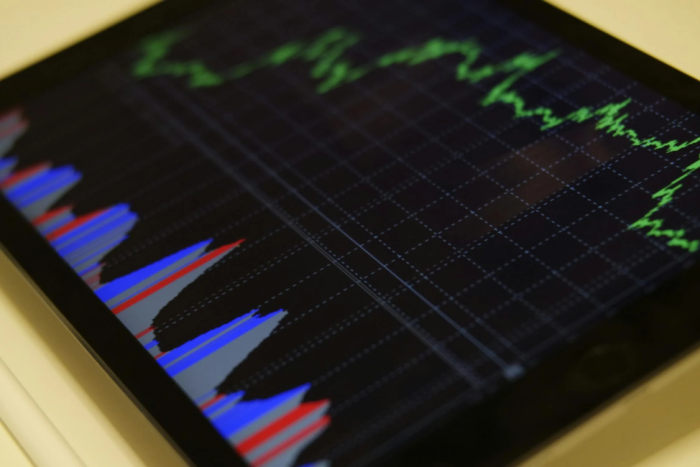
The success of forex brokering will determine its dependability and efficiency in trading systems. In today’s fast-paced financial markets, traders seek a straightforward interface, advanced charting tools, and perfect execution. A firm running without high-quality technology risks losing customers to rivals with better infrastructure and platforms. Selecting appropriate trading technology is about providing a high-performance trading experience that satisfies contemporary traders’ expectations, not only about software.
Many brokers look into MetaTrader alternatives to stand out and gain a competitive edge. Though MetaTrader 4 and 5 have dominated the forex trading scene, brokers increasingly seek scalable and customizable solutions. These replacements provide better execution speeds, more flexibility, and advanced risk management capabilities so brokers can customize their products to market needs.
Important considerations for choosing trading technology
Brokers choosing a trading platform must weigh many important criteria. Their first concerns should be stability and dependability since even a little downtime can cause major losses for traders and brokers. Advanced order execution features of a high-quality platform should guarantee little slippage and quick transaction speeds.
Another crucial aspect is customizing. Platforms letting traders change technical indicators, chart layouts, and automated trading techniques appeal to many of them. By accommodating different trading styles, brokers who provide flexible solutions with white-label choices might draw in more business. Furthermore, improving the general functioning of the platform is interaction with other tools, including risk management systems and liquidity providers.
The emergence of cloud-based and AI-driven trading solutions
Thanks in part to technological developments, cloud-based trading systems with improved security and accessibility have surfaced. Unlike conventional server-based systems, cloud solutions let traders access their accounts from any device, lowering the hardware failure risk. These systems also let brokers effectively increase their activities without making costly infrastructure investments.
Furthermore, trade technologies benefit greatly from the application of artificial intelligence (AI) and machine learning. Through real-time analysis of enormous volumes of market data, AI-powered trading systems can give traders important insights and automated decision-making capabilities. AI-driven analytics and predictive modeling let brokers provide customers with a more complex and effective trading environment.
Security and regulatory compliance
The selection of trading technology depends heavily on regulatory compliance. Following international regulatory guidelines will help establish a strong framework to guarantee fair business policies and openness. Automated reporting, audit trails, and risk management technologies assist brokers in satisfying legal criteria and maintaining a safe trading environment.
Since cyber dangers still affect online trading platforms, security is also crucial. Brokers should choose systems using modern security updates, multi-factor authentication, and powerful encryption techniques. A safe trading environment improves the brokerage’s standing in the market and safeguards consumer money and information.
Conclusion
A brokerage’s performance depends on the choice of trading technology, so it is a crucial decision. Given the growing competitiveness in the FX industry, brokers have to look at alternatives that provide security, performance, and customization. A flawless trading experience depends much on cloud-based technologies, artificial intelligence-driven analytics, and regulatory compliance tools. Investing in the correct technology will help brokers draw more business, increase customer retention, and guarantee long-term development in the always-changing financial scene.





